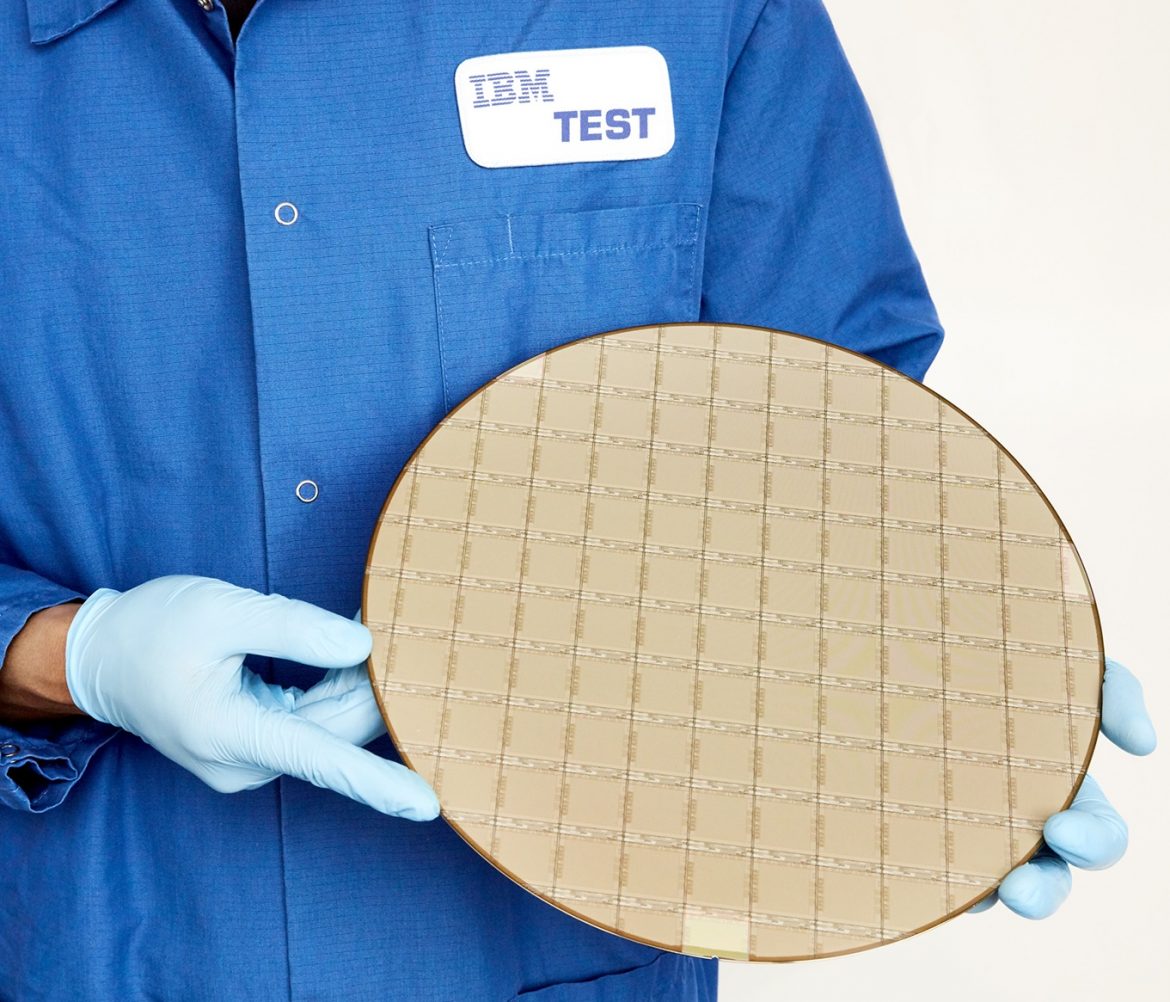The breakthrough of this new on-chip hardware acceleration, which has been in development for three years, is aimed to assist clients get business insights at scale across banking, finance, trading, insurance applications, and consumer engagements.
IBM has announced the launch of upcoming new IBM Telum Processor that is designed to bring deep learning inference to enterprise workloads at the annual Hot Chips conference. To help address fraud in real-time, Telum is IBM’s first processor that contains on-chip acceleration for AI inferencing while a transaction is taking place.
The breakthrough of this new on-chip hardware acceleration, which has been in development for three years, is aimed to assist clients get business insights at scale across banking, finance, trading, insurance applications, and consumer engagements. For the first part of 2022, a Telum-based system is planned.
According to the Federal Trade Commission’s 2020 Consumer Sentinel Network Databook, consumers reported losing more than $3.3 billion to fraud in 2020, up from $1.8 billion in 2019. Telum can help clients to move their thinking from a fraud detection posture to a fraud prevention posture, evolving from catching many cases of fraud today, to a potentially new era of prevention of fraud at scale, without impacting service level agreements (SLAs), before the transaction is completed.
The new chip features an innovative centralized design, which allows clients to leverage the full power of the AI processor for AI-specific workloads, making it ideal for financial services workloads like fraud detection, loan processing, clearing and settlement of trades, anti-money laundering and risk analysis.
With these new innovations, clients will be positioned to enhance existing rules-based fraud detection or use machine learning, accelerate credit approval processes, improve customer service and profitability, identify which trades or transactions may fail, and propose solutions to create a more efficient settlement process.
Telum builds on IBM’s long history of inventive design and engineering, which encompasses silicon, system, firmware, operating systems, and leading software frameworks, as well as hardware and software co-creation and integration.
The chip has 8 processor cores with a deep super-scalar out-of-order instruction pipeline and a clock frequency of over 5GHz, making it ideal for heterogeneous business workloads.The completely redesigned cache and chip-interconnection infrastructure provides 32MB cache per core, and can scale to 32 Telum chips. The dual-chip module design contains 22 billion transistors and 19 miles of wire on 17 metal layers.
Telum is the first IBM chip with technology created by the IBM Research AI Hardware Center. In addition, Samsung is IBM’s technology development partner for the Telum processor, developed in 7nm EUV technology node.
Telum is another example of IBM’s leadership in hardware technology. IBM Research, among the world’s largest industrial research organizations, recently announced scaling to the 2 nm node, the latest benchmark in IBM’s legacy of contributions to silicon and semiconductor innovation. In Albany, NY, home to the IBM AI Hardware Center and Albany Nanotech Complex, IBM Research has created a leading collaborative ecosystem with public-private industry players to fuel advances in semiconductor research, helping to address global manufacturing demands and accelerate the growth of the chip industry.


